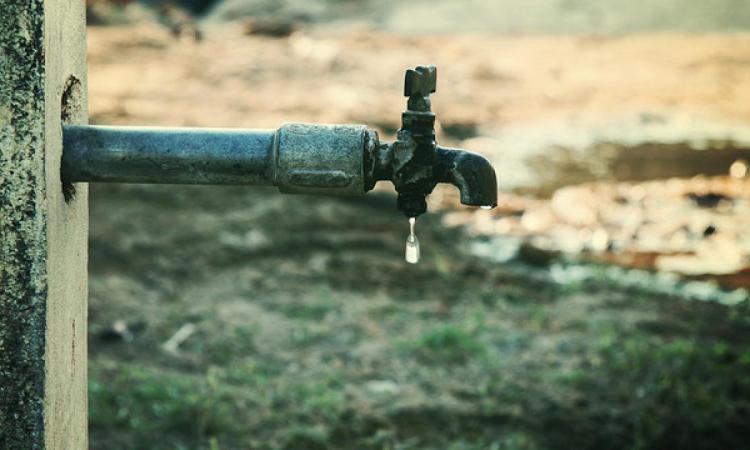
Saving every drop counts (Image Source: Wikimedia Commons)
With the current water scarcity in Bangalore, we are seeing a lot of attention on the supply disruption. As the city prepares itself to tackle the shortage, we need to understand that our consumption has also gone up. We have collected some practical tips adopted by different apartments in the city to reduce water usage:
General:
- Install water meters in every house to monitor usage.
- Install aerators in all taps to reduce the flow of water.
- Reduce the water flow pressure in taps and faucets.
- Use the discarded water from RO filters for cleaning purposes like washing utensils, gardening, cleaning of vehicles, etc.
- Sensitise your employees and domestic staff on the current situation and firmly instruct them to follow steps to conserve and reduce the usage of water.
- Water rationing - If necessary, limit the water supply to some hours of the day or night in case of severe shortage.
Leakage:
- In case of leakage in drinking water supply pipes, please report it to the local water supply board office.
- Check for leakages in taps and faucets and fix them.
- Washing and bathing:
- Use a bucket instead of a shower for bathing
- Time your shower to keep it under 3 minutes.
- Put food coloring in your toilet tank to detect leakage. If the colour seeps into the toilet bowl, you have a leak.
- Teach your children to turn off the faucets tightly after each use
- Turn off the tap while you brush your teeth.
- Listen for dripping faucets and toilets with automatic flushes.
- Turn the water off while you shampoo and condition your hair
- Turn off the tap while you shave.
- When you are washing your hands, don't let the water run while you lather.
- Place a 1 litre sand filled plastic bottle inside the flush tanks to reduce the quantity of water used with every flush by 1 litre. This is a very effective measure to reduce water usage without affecting the functioning or effectiveness of the flushing system.
- Operate washing machines only at max capacity, instead of multiple small loads.
Kitchen:
- When washing dishes by hand, don't let the water run while rinsing.
- Wash vegetables in a vessel partially filled with water instead of running water from the tap.
- When you shop for a new appliance, consider those that offer cycle and load size adjustments as they are more water and energy-efficient.
- Designate one glass for your drinking water each day. This will cut down the number of glasses to be washed in a day.
- Don't use running water to thaw food.
- Soak your pots and pans instead of letting the water run while you scrape them clean.
- Use dishwasher as it economical in terms of water usage.
- Collect the waste water from RO and use it for other chores like mopping, gardening, etc.
- Gardening, cleaning and others:
- Minimise evaporation by watering during the early morning hours, when temperature is lower.
- Use a layer of organic mulch around plants to reduce evaporation of water.
- Collect the water you use for rinsing vegetables and reuse it to water houseplants.
- When you clean your fish tank, use the water you've drained for your plants. The water is rich in nitrogen and phosphorus, providing you with a free and effective fertilizer.
- Use porous materials for walkways and patios to keep water in your yard and prevent wasteful runoff.
- Choose a water-efficient drip irrigation system for trees, shrubs and flowers.
- Avoid installing ornamental water features and fountains that spray water into the air.
- Use compost along with soli for your plants to increase water-holding capacity of the soil.
- Use a broom instead of a hose to clean your balcony, driveway or sidewalk.
- Don't use recreational water toys that require a constant flow of water.
- Bathe your pets outdoors in an area in need of water.
Car washing:
- Use a commercial car wash that recycles water.
- Avoid hose pipes, or pressure cleaning systems of any kind to clean vehicles.
- If possible, reduce the frequency of cleaning the vehicles.
We welcome you to illustrate these tips and send it to us at contact@indiawaterportal.org. The best ones will be published with credits to the creator on India Water Portal and other channels. #CountEveryDrop #EveryDropCounts
Path Alias
/articles/managing-our-domestic-water-demand
Sub Categories
Regions